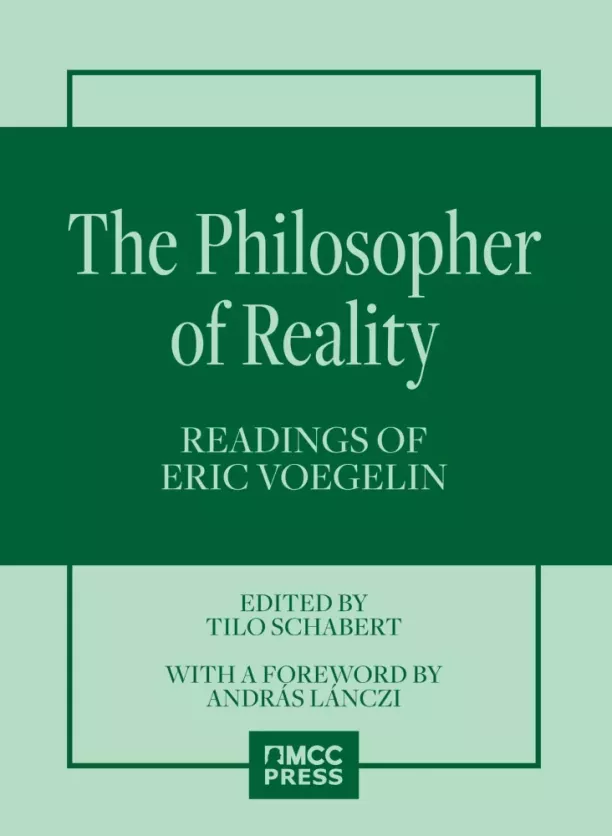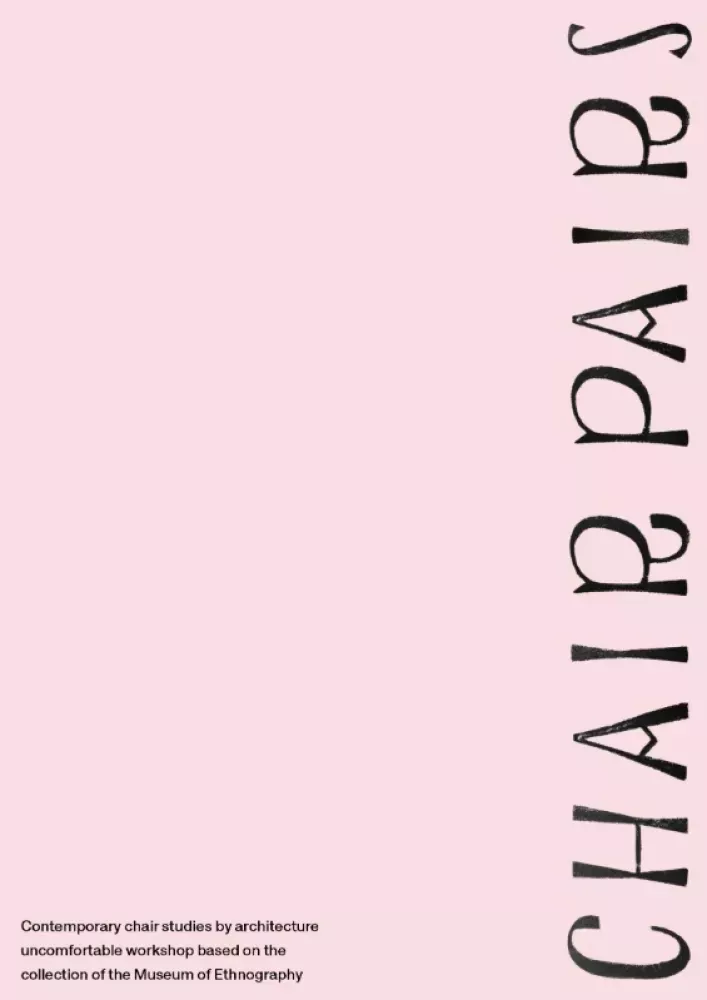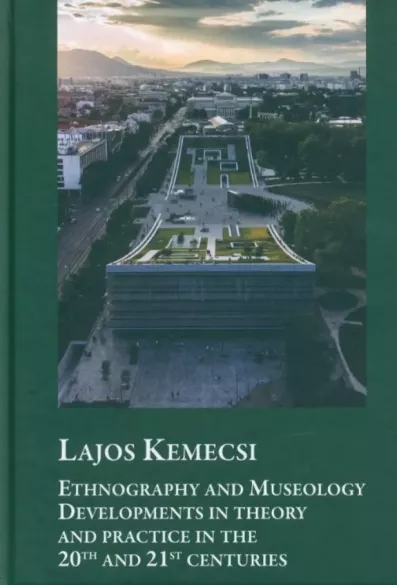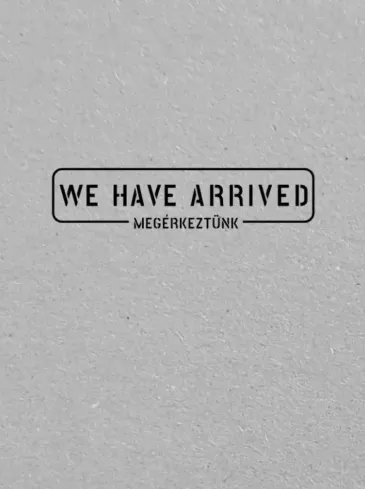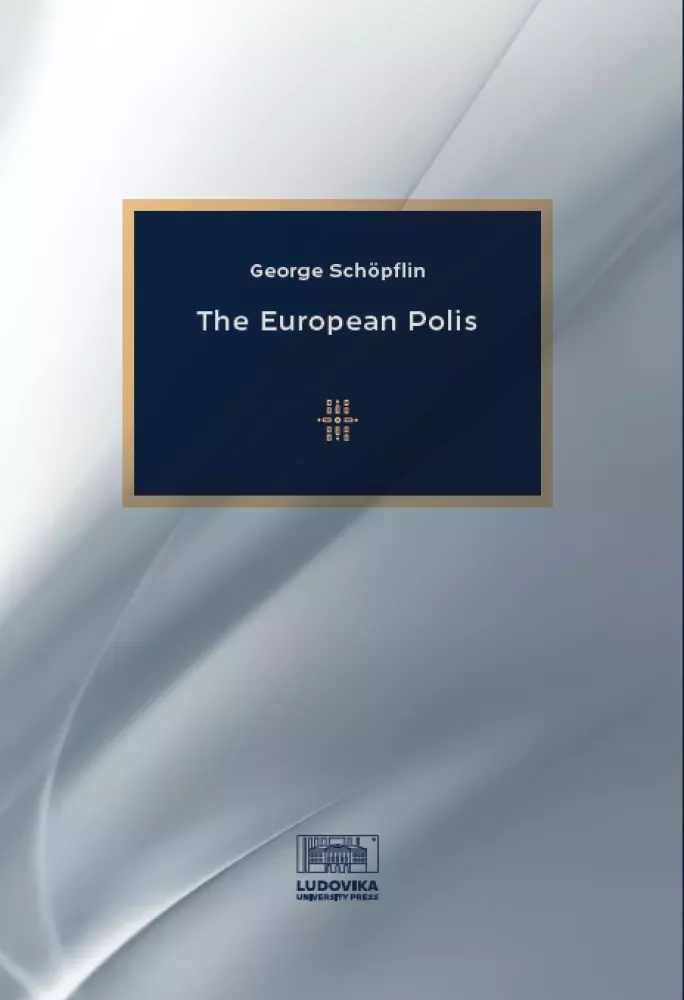
The book is in two parts. The first is a critical account of the EU as a political entity, a polis (hence the title), while the second part scrutinises the fraught relationship between the EU and Central Europe. Unlike much of the literature dealing with the EU, this assessment tries to give an account of why the EU behaves as it does.
Methodologically the approach is diverse and draws on political theory, sociology, anthropology, cultural semiotics, literary theory, postcolonial theory, history.
The heart of the argument is that the EU has changed and this change is potentially and actually a source of pitfalls. The essence of the EU was aimed at conflict resolution at the European level, as there are always asymmetries of power.
The book is in two parts. The first is a critical account of the EU as a political entity, a polis (hence the title), while the second part scrutinises the fraught relationship between the EU and Central Europe. Unlike much of the literature dealing with the EU, this assessment tries to give an account of why the EU behaves as it does.
Methodologically the approach is diverse and draws on political theory, sociology, anthropology, cultural semiotics, literary theory, postcolonial theory, history.
The heart of the argument is that the EU has changed and this change is potentially and actually a source of pitfalls. The essence of the EU was aimed at conflict resolution at the European level, as there are always asymmetries of power.
